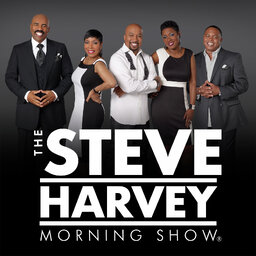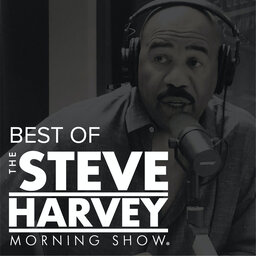Info You Can Use: How to make money with your brand, accelerate growth, and brand strategy.
Two-time Emmy and Three-time NAACP Image Award-winning, television Executive Producer Rushion McDonald interviewed Raoul Davis.
CEO branding expert and partner at Ascendant Group Branding:
🎙️ Interview Summary
Guest: Raoul Davis
Focus: CEO and executive branding, public relations, book deals, social media strategy, and personal brand development
🧭 Purpose of the Interview
To explore how Raoul Davis helps CEOs, retired athletes, entertainers, and executive leaders increase their top-line revenue through strategic branding. The conversation dives into the mechanics of personal branding, book publishing, social media engagement, and the mindset needed to build long-term success.
🔑 Key Takeaways 1. CEO & Executive Branding
- Raoul’s firm specializes in human-to-human (H2H) branding, helping leaders become the “chief storytellers” of their businesses.
- Branding is about authenticity and emotional connection, not ego or celebrity.
- “You either get branded or you get labeled”—so take control of your narrative.
2. Speaking & Thought Leadership
- Speaking should be part of a broader brand strategy, not just a revenue stream.
- Good speakers focus on empathy and delivering 2–3 memorable takeaways.
- Free speaking engagements can lead to high-value business opportunities.
3. Book Publishing Strategy
- Traditional publishing offers the highest credibility, followed by hybrid models.
- Self-publishing is oversaturated; 97% of books sell fewer than 500 copies.
- A well-positioned book can be a powerful marketing tool and lead to seven-figure returns.
4. Social Media & Branding Do’s and Don’ts
- Invest in professional photography and strong headlines.
- Focus on one or two platforms where you’re most comfortable.
- Use analytics and testing to refine your content strategy.
- Understand platform demographics:
- Facebook: 30–65+ audience, best for product sales
- Instagram: 25–40, visual storytelling
- TikTok: younger or niche audiences, strong organic reach
- LinkedIn: B2B and strategic partnerships
- X (Twitter): real-time cultural engagement
5. Retired Athletes & Brand Equity
- Athletes have built-in brand equity that can be leveraged post-career.
- Raoul helps them transition into business ventures and thought leadership roles.
6. Personal Branding for Everyone
- Start with a clear tagline or moniker that defines your expertise.
- Know your audience and what they want to hear.
- Practice strategic patience—success takes time and resilience.
💬 Notable Quotes
- “You either get branded or you get labeled.”
- “It’s not about ego—it’s about effectiveness.”
- “Strategic patience is key. Optimists always win.”
- “The two biggest reflections of who you are: how you spend your time and your money.”
- “If you believe in your product, you should want people to know about it.”
📞 Contact Info
- Website: ascendantgroupbranding.com
- LinkedIn: Raoul Davis
#BEST
#STRAW
#SHMS
In 3 playlist(s)
Money Making Conversations Master Class
Hi, this is Rushion McDonald. Welcome to the podcast world of Money Making Conversations Master Clas…Social links
Follow podcast
Recent clips
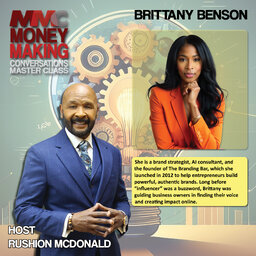
Brand Building: She creates AI Clones that can produce content without the owner being physically present.
31:32
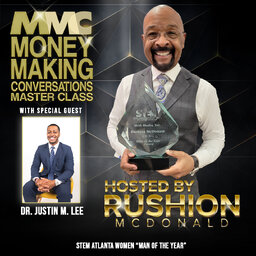
Money Tips: He issues a call to action to explore opportunities like Amazon DSP, construction and real estate investment.
22:43
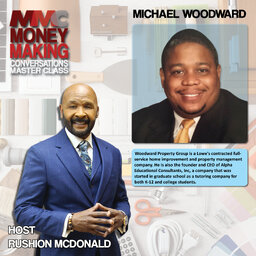
Uplift: He was raised in poverty, now a real estate tycoon, top Lowe's contract and community leader.
29:27
 Money Making Conversations Master Class
Money Making Conversations Master Class
